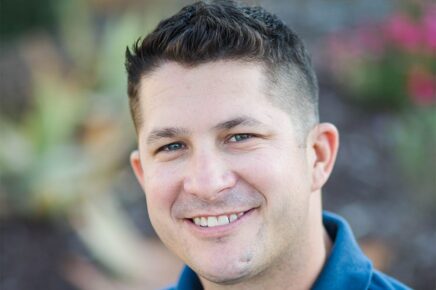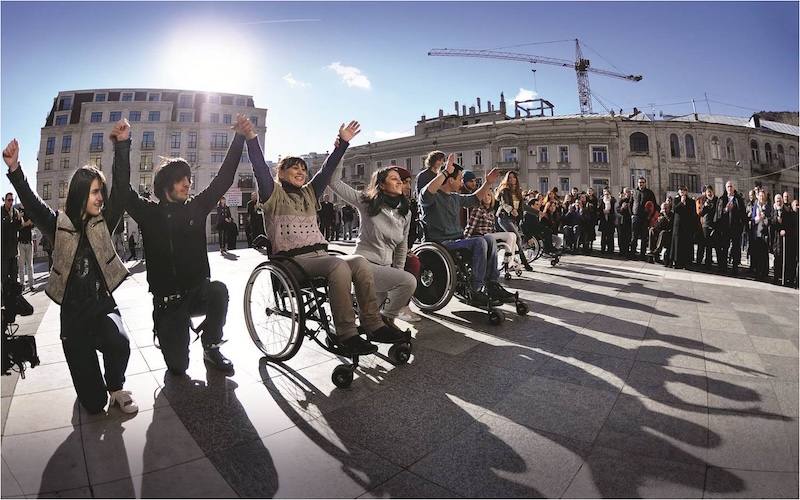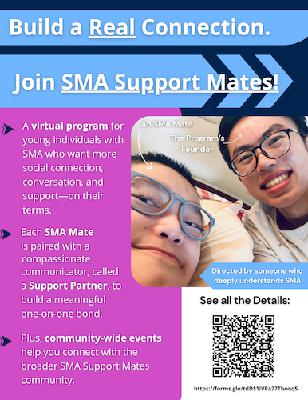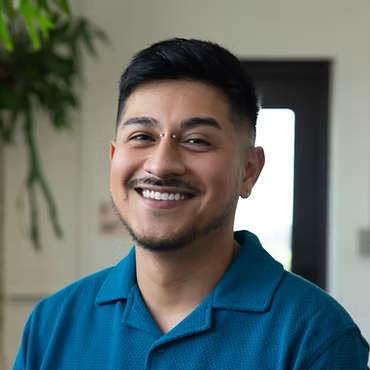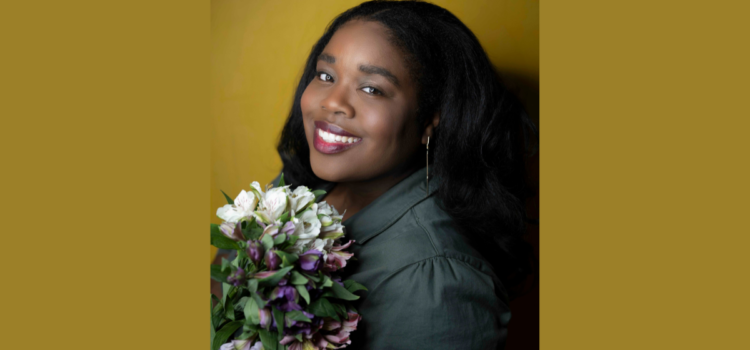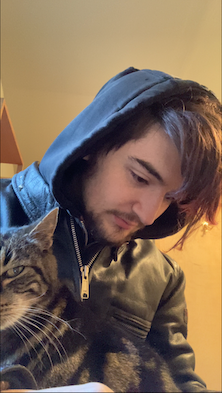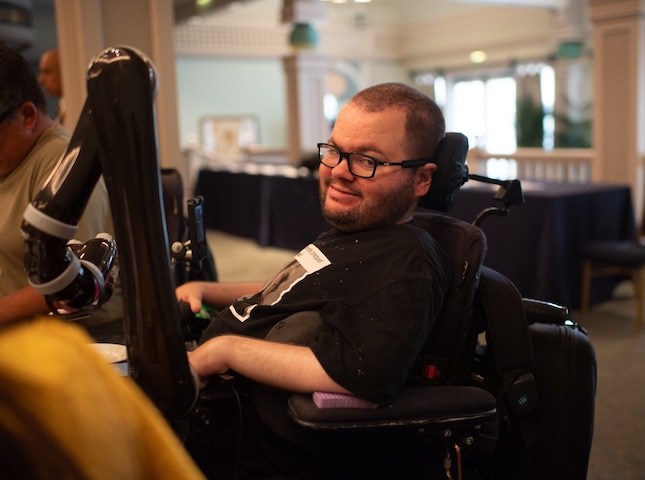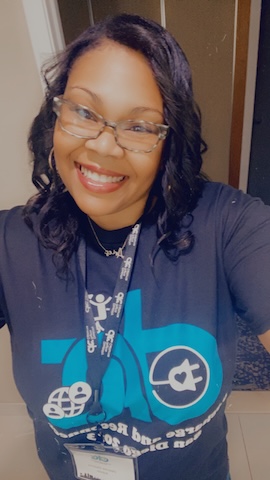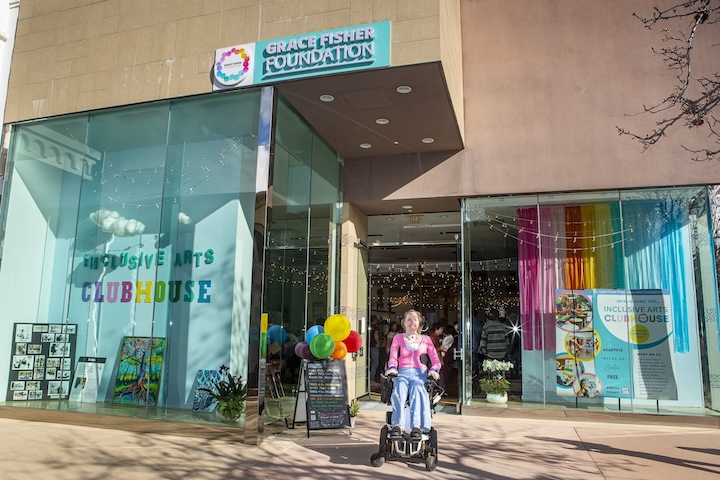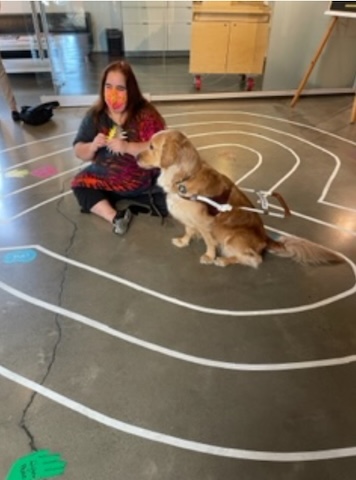Sudden Changes – Pushing Limits – July 4, 2025
Description
What would you do if your world slowly started going silent—and you didn’t know why? This week on Pushing Limits, we bring you the story of Claire, a young student in Utah who began losing her hearing in fifth grade, despite having no family history of disability.
When Claire was in fifth grade, she noticed the hearing in her right ear dropped, followed by her left ear. Now entering ninth grade, Claire reflects on her journey of obtaining hearing aids, a cochlear implant, and how she and her mother, Michelle, are learning to navigate a new language, a new identity, and a new understanding of access. Tune in as we ask what her audiologist and ENT did to help her, what made her decide to get a cochlear implant in her right ear, and how she learned to adapt to the cochlear implant. How do mother and daughter feel about learning American Sign Language? This week, Denny Daughters talks to Claire and her mother Michelle to answer all these questions and more.
Plus, for a full transcript of the entire program, scroll down.
The idea for this episode of Pushing Limits came from Denny’s wife, Deah Daughters. This show was hosted, edited, and produced by Denny Daughters. Audio transcription was by Nicole Struthers.
Pushing Limits – Sudden Changes
[Opening intro music]
Denny: Hello, and welcome to Pushing Limits, KPFA’s program by and about people with disabilities. We air every Friday afternoon at 2:30 p.m. I’m your host, Denny Daughters. Today, I have two guests, Claire and her mother, Michelle. Both live in Utah. Claire will be going into ninth grade this fall. This is her final year of junior high. Claire’s mom, dad, and three siblings don’t have any disabilities.
In fifth grade, Claire was a typical kid without any disabilities. That year, she lost her hearing. She went from having hearing aids in both ears to having a hearing aid in her left ear and a cochlear implant in her right ear. Welcome to Pushing Limits. Let’s start out with a brief introduction from both of you.
Claire: I’m Claire, and I lost my hearing in fifth grade, so it’s been almost four years.
Michelle: My name’s Michelle, and I’m Claire’s mom.
Denny: How many people are in your family?
Claire: I have two brothers, one sister. I’m the youngest.
Denny: Do any of your family members have disabilities?
Claire: No.
Denny: Do you remember what you were doing when you lost your hearing, and what was it like for you after you lost your hearing?
Claire: I remember very well. I was just playing Legos, and then it just dropped, and it started ringing, and it never stopped. So, I’d be like, “Mama, it’s still in my ear,” and I could still hear out my other ear. It’s kind of like a bunch of buzzing or like the ringing in your ears, but also sometimes it’ll sound like there’s a fly in your ear or something. We would put stuff in my ears trying to get a fly out, because I thought there was a fly in my ear.
Michelle: She wouldn’t believe me that there was no fly in her ear and would ask me to check over and over –
Claire: Every day.
Michelle: — because she just felt like there was —
Claire: It sounded like it.
Michelle: — a fly, but it was ringing so loud that I was having to yell really loud for her just to be able to hear me.
Claire: Yeah.
Denny: When the buzzing in Claire’s ears wouldn’t go away, it took about a week for them to get in to see her pediatrician, and then it was two weeks after that for them to see the ENT. Here’s Michelle.
Michelle: It started to ring, and we talked to her pediatrician –
Claire: Oh, yeah.
Michelle: — right away.
Claire: I don’t remember that.
Michelle: And he thought that maybe she had some fluid in her ears, and so we went and got that checked out, and it looked okay, but they put her on a medication in case there was some fluid that they couldn’t detect, and then he had us wait. At that point, when it didn’t come back, then he had us go see an ENT.
We got her in pretty quickly. The thing that was tricky is that I started calling around to different ENTs, and no one could get her in. They were all booked out pretty far, even just a month or two, but I was trying to explain, “She can’t hear. I feel like this is kind of an urgent thing.” So, I finally found a place that could get her in, you know, it was a week or two after I called. They weren’t pediatric, but it was fine.
They did an audiology test, and then she met with the ENT. They at that point just said – and this was our first doctor appointment – but they said, “Oh, she’s going to need hearing aids,” and it just caught me so off guard, because everything up to that point you’d fixed. Right? She gets strep throat, you get medication, you fixed it. For them to just flat-out say, “Oh, she lost her hearing,” it was just shocking to me. I don’t think Claire even knows this, but I cried the whole way home, and she couldn’t hear me in the back seat because she couldn’t hear, and I was just devastated.
Claire: Oh, yeah.
Michelle: So, I came home and started researching more, and I saw that sometimes with sudden hearing loss, steroids would help. I called my pediatrician that night. He’s a friend of ours, and so I called him at 9:00 at night and said, “Would you prescribe some steroids for her to try?” He said, “You need to get in to this one specific ENT as soon as you can,” and I said, “I actually have an appointment with him, but it’s not for another month and a half,” and he said, “I will get you in tomorrow.”
The next morning, I got a call from their office, and they got Claire in that day, and they did another audiology test with her, and then they gave her a round of steroids, which did bring her hearing back a little bit.
Claire: Yeah.
Michelle: But we had to go through all of the motions to see if there was anything that we could do to help with that, and it didn’t, and so at that point, they decided the hearing aids would be the best option.
The first time we went in to this office that we’re with now, the pediatric audiologist that we’re with was on a humanitarian trip, and so they just had her seeing whoever was available at the time for her appointments. But once we got in with this specific audiologist, she has just been –
Claire: She was perfect.
Michelle: — so incredibly amazing.
Claire: Yeah.
Michelle: I would say that’s something that’s been amazing with Claire’s journey is just how amazing the people have been. Her audiologist, we’ve gotten to become really close with. She’s just been amazing. I couldn’t ask for anything better. Her ENT, same thing.
Claire: Yeah.
Michelle: Just, they’ve been so good for Claire and done so much and truly cared about her, and it makes such a difference to go through this with that kind of healthcare provider.
Denny: What were some of the emotions you were going through while all this was going on?
Claire: I was just confused, because I didn’t really know. When I was younger, I thought it was just like silence, so I didn’t understand why I just had a ringing in my ear and why I couldn’t hear, so I was really just confused. I wasn’t really too nervous or anything.
Denny: How did you feel when you found out first you were going to have hearing aids?
Claire: I was kind of excited, because I’ve always wanted to experience stuff like that, and also because I could hear and stuff.
Denny: Which ear did you lose your hearing in first?
Claire: It started in the right ear, and then it came to the left, and then they were pretty good. Then my right ear kind of dropped, so then they did a bunch of stuff. They were testing things again, putting me on steroids, trying to see if we could get my right ear up, and then we talked about maybe getting a cochlear implant.
Denny: Claire, have you ever been around somebody who’s deaf before?
Claire: Yeah. I’ve met kids at school.
Michelle: There was one kid that had hearing aids, but he wasn’t really –
Claire: No, he had two hearing aids, and then this kid with two cochlears and a girl with a hearing aid.
Michelle: Okay. But at that time, you didn’t really know them.
Claire: Yeah, and I still don’t know them. Like, I know them, and I knew their names, but it’s not like we were friends, and I never really talked to them.
Denny: Some people in the deaf community feel that it’s better to learn American Sign Language, ASL, in order to preserve the deaf culture rather than getting cochlear implants. What are your thoughts on that, Claire?
Claire: I don’t have that many feelings, but I also feel like I tried learning ASL, but I didn’t really like doing it, and I felt like it was really hard for me to learn. Having things like cochlears for kids who might not be able to do it or like – yeah, just not being able to do it or anything.
Denny: So, for you, learning ASL was difficult?
Claire: Yeah. I only tried it for a little bit of time, and then I kind of just stopped. I know some words and the alphabet, but it’s not like I know all of the signs.
Michelle: Can I share my thoughts on that, too?
Claire: Yeah, you can share your tho


